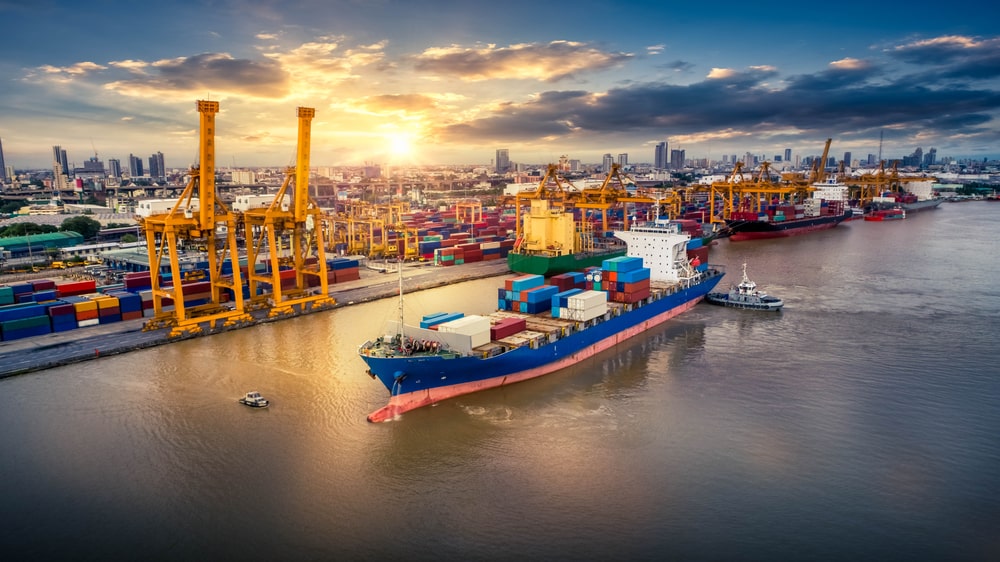
Russell Group’s ALPS Marine data analysis has identified that South Africa’s key ports of Durban and Richard Bays Terminal have a combined $19 billion loss exposure from the current violence that is engulfing the country and restricting the exports of key commodities, including coal.
This disruption has now spread to Durban and Richard Bays Terminal, both of which have suspended their operations.
Durban is one of the busiest terminals on the African continent with an annual flow of trade of $13 billion, according to Russell’s risk modelling software. The port imports key commodities such as Crude Oil, with $815 million’s worth being imported into the port annually.
Meanwhile, the Richard Bays Terminal is a vital coal exporting terminal with an annual flow of trade of $6 billion. Annually, the terminal exports $887 million’s worth coal, alongside other commodities such as Iron Ores ($597 million) are exported from the port too.
Transnet, the South African logistics company that is responsible for the operations of the country’s ports and terminals declared force majeure on the 12th of July and suspended terminal operations at Durban and Richards Bay.
Commenting on the launch of the figures, Suki Basi, Managing Director of Russell Group said: “The current disruption in South Africa reinforces the fragility of interconnected global trade.
Whether it is political violence, blockages or natural disasters, organisations and their partners in their business network are vulnerable to any disruption at a port with the aftershocks of that disruption rippling through their network.
“Businesses and their (re)insurers need to adjust to a new world of constant trade disruptions. Russell Group has the imagination to create new solutions for companies operating in this connected trade environment as our data analytics provides them with the advantage of thriving in this new trading environment.”